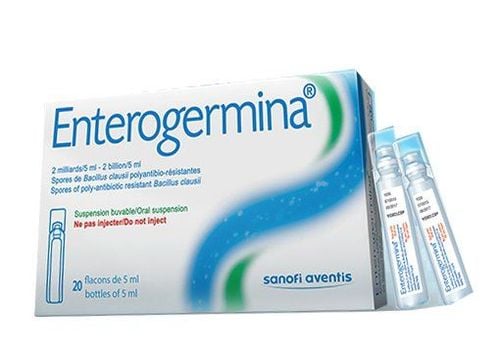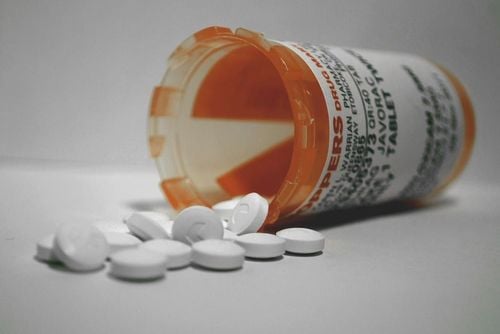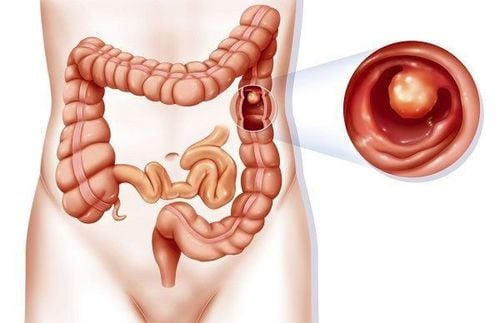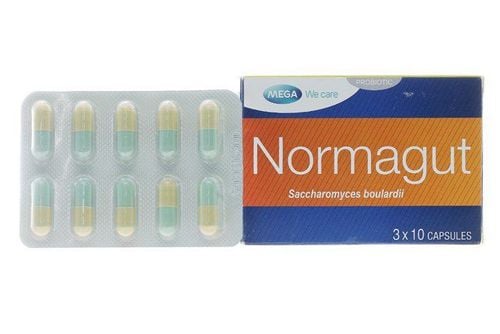The article was professionally consulted by Doctor Department of Gastroenterology - Endoscopy, Department of Medical Examination & Internal Medicine - Vinmec Central Park International General Hospital.
The decision on when not to use digestive enzymes is typically made by a doctor based on the patient's condition. Although these enzymes are necessary to support digestion in individuals lacking essential enzymes due to pathological or physiological reasons, they must be used correctly to avoid side effects.
1. What are digestive enzymes?
Digestive enzymes are chemicals secreted by the body into the intestines to break down food into small molecules that are easily absorbed. These enzymes are often referred to as enzymes by professionals. Each organ in the body produces different enzymes, each of which helps metabolize a specific chemical in food.
Carbohydrates, proteins, and lipids are the basic substances metabolized through the digestive enzyme system, starting from the salivary glands, then the liver, pancreas, and finally the intestinal juices.
It is important to distinguish between probiotics and digestive enzymes. Probiotics contain beneficial bacterial spores that live symbiotically in the intestines and are produced through freeze-drying. When supplemented into the body, they help enhance the resident microbiota. In contrast, digestive enzymes are artificially synthesized chemical compounds.
2. The role of This Medication
Enzymes primarily function to break down food into corresponding chemical molecules, making it easier for absorption through the intestinal wall, into the bloodstream, and nourishing the body. Therefore, regardless of the type, digestive enzymes produced in medicine aim to restore this function when the digestive system cannot perform its role effectively.
Specifically, enzymes break down carbohydrates found in rice, flour, bread, and noodles into simple sugars. Similarly, enzymes also break down proteins from meat, fish, eggs, and milk into amino acids and fats into fatty acids for easy absorption by the body.
Therefore, without artificial digestive enzymes, the body cannot ensure the absorption of essential nutrients. As a result, the body will weaken, become emaciated, and be more susceptible to diseases.
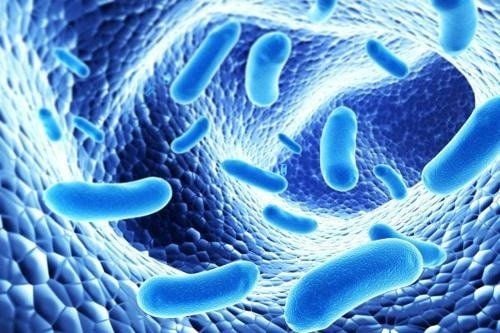
3. When should digestive enzymes not be used?
First, it must be emphasized that digestive enzymes are a type of medication. The use of these enzymes must strictly follow specific indications for both adults and children, based on each specific condition. Therefore, if used incorrectly, this group of medications not only fails to bring benefits but can also cause harm.
A fundamental point is that this medication should not be used in patients with acute gastrointestinal conditions, such as peptic ulcers and pancreatitis. These patients are among the answers to the question of when digestive enzymes should not be used, as their bodies do not lack enzymes and do not need external supplementation. In fact, these patients may be over-secreting enzymes, causing damage to their own intestinal tissues.
Those with excessive gastric acid secretion and acute pancreatitis will certainly find their condition worsens if they use these enzymes. Therefore, when asked when digestive enzymes should not be used, this group of patients is an essential answer. In these cases, patients only need to fast or eat easily digestible foods, combined with treatment using intestinal secretion inhibitors to allow the digestive system to rest temporarily, thereby minimizing damage.
Digestive enzymes support the process of breaking down food. Therefore, their use becomes meaningless if we skip meals, fast, or excessively diet. At this time, when there are no food masses in the intestines but the enzyme system has been activated, the body will digest itself. Specifically, the acid concentration in the stomach, along with liver and pancreatic enzymes in the duodenum, increases beyond permissible levels, causing the protective ability of the intestinal wall to become ineffective, leading to inflammatory and erosive damage.
Over time, these wounds can develop into ulcers and perforations, leading to severe abdominal pain requiring hospitalization and sometimes emergency surgery.
For this reason, those on the list of when digestive enzymes should not be used should absolutely not take this medication before meals and should not use it too late after eating. Furthermore, patients should note that using these enzymes for a long time without evidence of decreased enzyme levels in the organ systems is a cause for concern.
4. When Should Digestive Enzymes Be Taken?

As mentioned, individuals with evidence of enzyme deficiency in the intestines will need to use this medication. Specifically, those with permanent damage or fibrosis of the salivary glands, cirrhosis, gallbladder removal, chronic pancreatitis, and short bowel syndrome are very suitable for using this medication.
These enzyme preparations in the pharmaceutical industry are developed in the form of tablets or liquid vials with artificially synthesized enzyme components, mimicking the natural digestive process. Therefore, externally introduced enzymes will help patients speed up food consumption, absorb more nutrients, and improve issues such as bloating, loss of appetite, slow digestion, and malnutrition.
What is the best time to take digestive enzymes? To achieve the best effect, patients should supplement digestive enzyme preparations after each main meal and combine them with various nutritious foods.
Individuals with disorders in digestive enzyme secretion, including children, can use this medication. However, patients should note not to abuse this product and always consult a doctor. Sometimes, patients only need a specific enzyme instead of the entire enzyme system with various types or only need support for a period to allow the organ to recover or need long-term enzyme replacement.
Therefore, this enzyme should only be used when absolutely necessary, with a reasonable dosage, neither too much nor too little, to avoid dependency. If this medication is abused for a long time, it can inhibit the endogenous secretion of digestive enzymes by the glands or harm the organs due to excessively high enzyme levels. Typically, each course of medication should not last more than 10-15 days.
To arrange an appointment, please call HOTLINE or make your reservation directly HERE. You may also download the MyVinmec app to schedule appointments faster and manage your reservations more conveniently.

